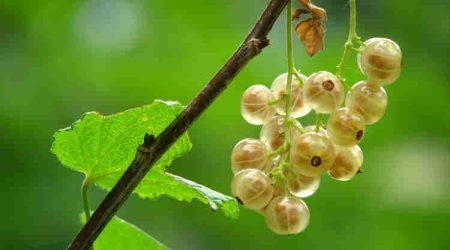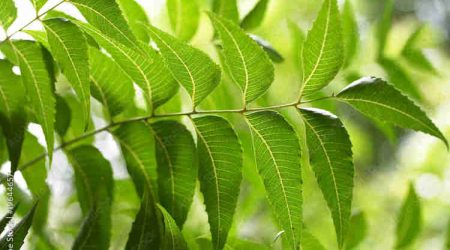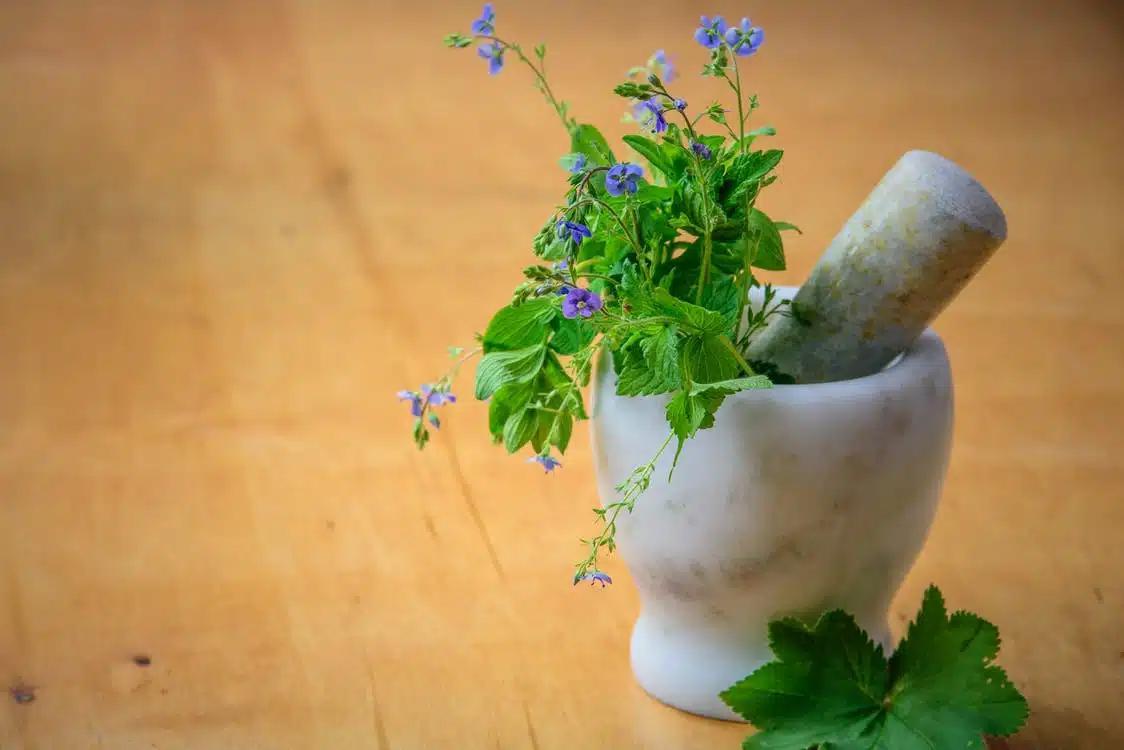We hear about a lot of herbal medicines and therapies propagated by people from traditional systems of medicine all over the place. But which ones to believe to be actually true and authentic information? To clear the confusion, the National Medicinal Plants Board of the Ministry of Ayush, Government of India has recently recommended 20 medicinal plants for COVID-19 care. These plants are either traditionally used for these activities or are scientifically evidenced in few studies to have such effects. Further, activities such as reducing inflammation, fungal growth, blood clot, blood sugar levels, cough, etc. may help in the overall management of COVID-19 care. So let us learn about the herbal remedies for covid care.
Here is a summary of activities of some of the herbal remedies for covid that include commonly used 11 plants out of the 20 plants listed recommended for Covid care by the Ministry of AYUSH, India:
1. Ashwagandha (Withania somnifera)
Ashvagandha has anti covid-19 activity as per some evidence. In addition, it has antioxidant, anti-inflammatory, neuroprotective, and anti-diabetic properties that may be useful for covid care. Thus, Ashwagandha may be one of the useful herbal remedies for covid.
2. Guduci (Tinospora cordifolia)
Tinospora cordifolia or Guduci has antioxidant effects. It also reduces inflammation, and blood sugar levels, and has anti-stress activity. We all know that higher sugar levels and inflammation contribute to severe covid disease. Not only above but the plant also possesses effects on reducing mental stress.
3. Basil leaves, Tulasi (Ocimum tenuiflorum)
Tulsi is a commonly employed plant in every household in India. It is used for fever and has beneficial effects in managing cough and dyspnoea. In view of the above, Basil leaves could be considered as one of the useful herbal remedies for covid. Basil leaves may be added to food, or salad or may be taken as basil tea.
4. Kalamegha (Andrographis paniculata)
This plant has antiviral effects. It enhances the immune system, reduces blood sugar levels, and has thrombolytic (blood clot dissolving) activity that may be helpful.
5. Ginger (Adrak) (Zingiber officinalis)
Ginger is a common spice used in every Indian kitchen. Ginger possesses antihistaminic (antiallergic), antioxidant, anti-inflammatory, hypoglycemic and hypolipidemic properties. Ginger may be added in food while cooking or can be taken as ginger tea
6. Vana Tulasi (Ocimum basilicum)
It has antiviral, antioxidant, anti-inflammatory, fungistatic (inhibit the growth of fungi), and general health-promoting activity. Thus, it could be one of the important herbal remedies for covid.
7. Haridra (Curcuma longa)
The plant is used in bronchitis, respiratory illness, bronchial asthma and also in diabetes.
8. Amla, Indian Gooseberry (Phyllanthus emblica)
Amla or Indian gooseberry is again commonly used as a rich source of vitamin C. It has antioxidant, anti-inflammatory activity. The plant also reduce lipid level and sugar level.

9. Yashtimadhu (Glycyrrhiza glabra, Licorice root)
The roots of this plant are used for fever, inflammation, and arthritis which could be helpful.
10. Neem / Nimba (Azadirachta indica)
This is a commonly available plant. Neem stimulates the immune system, has antidiabetic, and anti-inflammatory effects and improves general cardiovascular health.

11. Vasa (Justicia adhatoda)
– This plant is a bronchodilator, hemostatic (prevents bleeding) and has shown advantages in mitigating critical inflammatory stages of COVID-19. Hence, it can be considered one of the valuable herbal remedies for covid.
Conclusion
With COVID-19 continuing and many of the symptoms and problems continuing even after recovering from long-term complications, the herbal remedies for covid or the medicinal plants that have been an integral part of traditional systems of medicine in India for several years and have been scientifically reported to have beneficial effects may be a ray of hope until of course fully validated by clinical trials conducted on them.
Suggested Reading
Medical disclaimer – The content, articles and blogs on this website and its affiliated social media pages or third-party links are for educational and informational purpose and is not intended to replace medical advice, diagnosis, or treatment. The users and visitors on the website should always seek the advice of a qualified physician or other health care provider regarding questions or queries related to their personal health or medical conditions or before starting using a supplement or medication or making changes in their diet or exercise or following any other advice from our website. We take no responsibility for any health issue or personal injury, death, disability, or any other harm due to the content on our website or advice or opinion expressed on our website.
Related Posts





Astra Zeneca Covishield (Vaxzevria) Blood Clot Reports Confirmed


